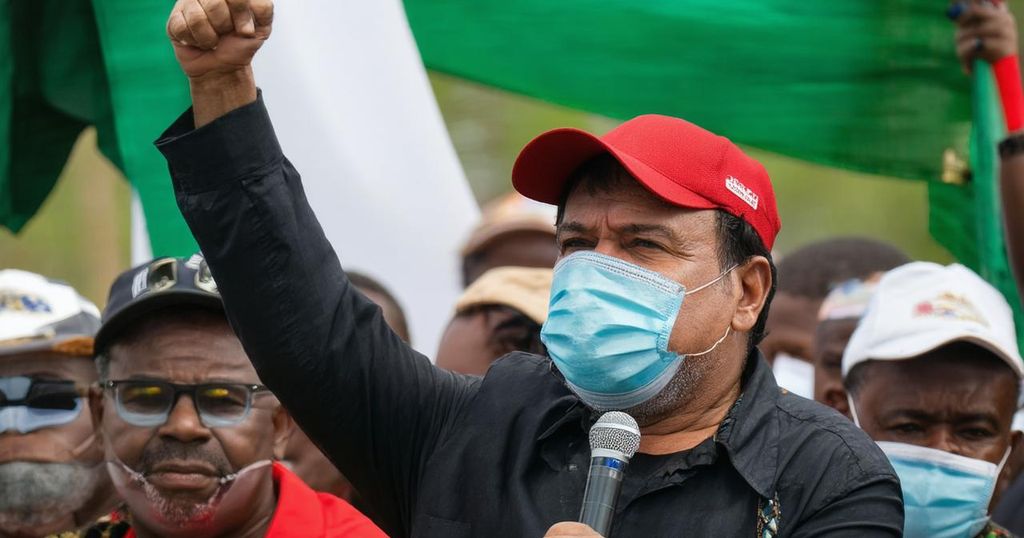Daniel Chapo Declared Winner of Mozambique’s Contentious Presidential Election
Daniel Chapo of the Frelimo party was declared the winner of Mozambique’s presidential election amid allegations of fraud and violence. Chapo received approximately 71 percent of the votes in an election marked by public protests and unrest in Maputo. The Frelimo party disputes claims of wrongdoing, asserting that the election outcome reflects the will of the people.
On Thursday, Mozambique’s electoral commission announced the victory of Daniel Chapo, a candidate from the Frelimo party, in the country’s presidential election. This election, held on October 9, was fraught with violence and allegations of electoral fraud, leading to widespread unrest throughout the nation. Mr. Chapo secured approximately 71 percent of the vote, succeeding Filipe Nyusi, who has reached his term limit after serving two consecutive five-year terms. The voter turnout occurred against a backdrop of a prolonged insurgency by Islamist militants in Cabo Delgado, located in northern Mozambique. This ongoing conflict has intensified socioeconomic disparities, highlighting the contrast between those benefiting from Mozambique’s rich natural resources—such as natural gas and precious stones—and the significant population enduring poverty and high unemployment rates. Following the election announcement, tensions sharply escalated in the capital city of Maputo. On Monday, clashes erupted between law enforcement and thousands of protesters, who accused the ruling party of electoral manipulation and linked them to the violent deaths of two supporters of Chapo’s main opponent. The Frelimo party officially denied any wrongdoing, with party spokeswoman Ludmila Maguni stating, “Frelimo is confident that the results reflect the will of the people.” This election represents a critical challenge for Frelimo as it seeks to maintain its dominance over a country that it has governed since gaining independence from Portuguese colonial rule in 1975, and as it navigates the complexities of political, social, and economic unrest that have marked recent years.
Mozambique has been governed by the Frelimo party since its independence in 1975. The nation has faced numerous challenges, including a civil war and more recently, a violent insurgency in its northern region. These issues have exacerbated inequalities within the country, particularly given its wealth derived from natural resources, juxtaposed against high rates of poverty and unemployment. The recent presidential election, which took place on October 9, became a focal point for public discontent and accusations of government malpractice, prompting widespread protests and violent outbursts in response to the electoral process.
Daniel Chapo’s election as the new president of Mozambique is overshadowed by allegations of fraud and public outcry against the ruling Frelimo party. With the country grappling with significant social and economic challenges, the legitimacy of the election results remains contested, marking a pivotal moment for both the party and the nation as it navigates recent instability and ongoing conflict.
Original Source: www.nytimes.com




Post Comment